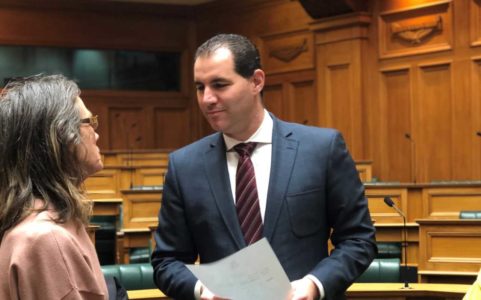New Zealand’s politicians are grappling with the important issue of how to protect the country’s democracy from the threat of foreign influence.
Parliament’s Justice Committee is investigating the threat as part of its inquiry into the 2017 general election.
The Committee has heard evidence on the subject from the heads of the country’s two main spy agencies, the NZ Security Intelligence Service and Government Communications Security Bureau.
The spy bosses identified foreign entities building covert influence and leverage, including through electoral donations, as one of four “threat vectors” when they addressed the Committee earlier this year.
And last Tuesday they told MPs more stringent rules and greater transparency around the disclosure of political donations is needed.
At present it’s legal for overseas people or entities to donate up to $1500 to political parties or candidates here, but larger amounts can be provided if funnelled through New Zealand-based companies.
There’s a risk political parties or candidates may be influenced by a foreign donation to act in a way that is not in the national interest.

Botany MP Jami-Lee Ross, who has been sitting on the Justice Committee, says he shares the spy bosses’ concerns around the threat of foreign influence.
He’s questioned Justice Minister Andrew Little several times this year in the Parliament about what action the Government will take to tighten the law around foreign donations, and whether changes will be made in time for the 2020 general election.
Ross says only New Zealand citizens and permanent residents should be allowed to make political donations to parties and candidates in this country.
“If you are unable to influence an election by voting, you should be unable to influence an election or our democracy by making a donation,” he says.
All Kiwis should care about the integrity of New Zealand’s political system and whether or not it’s open to potential foreign influence.”










